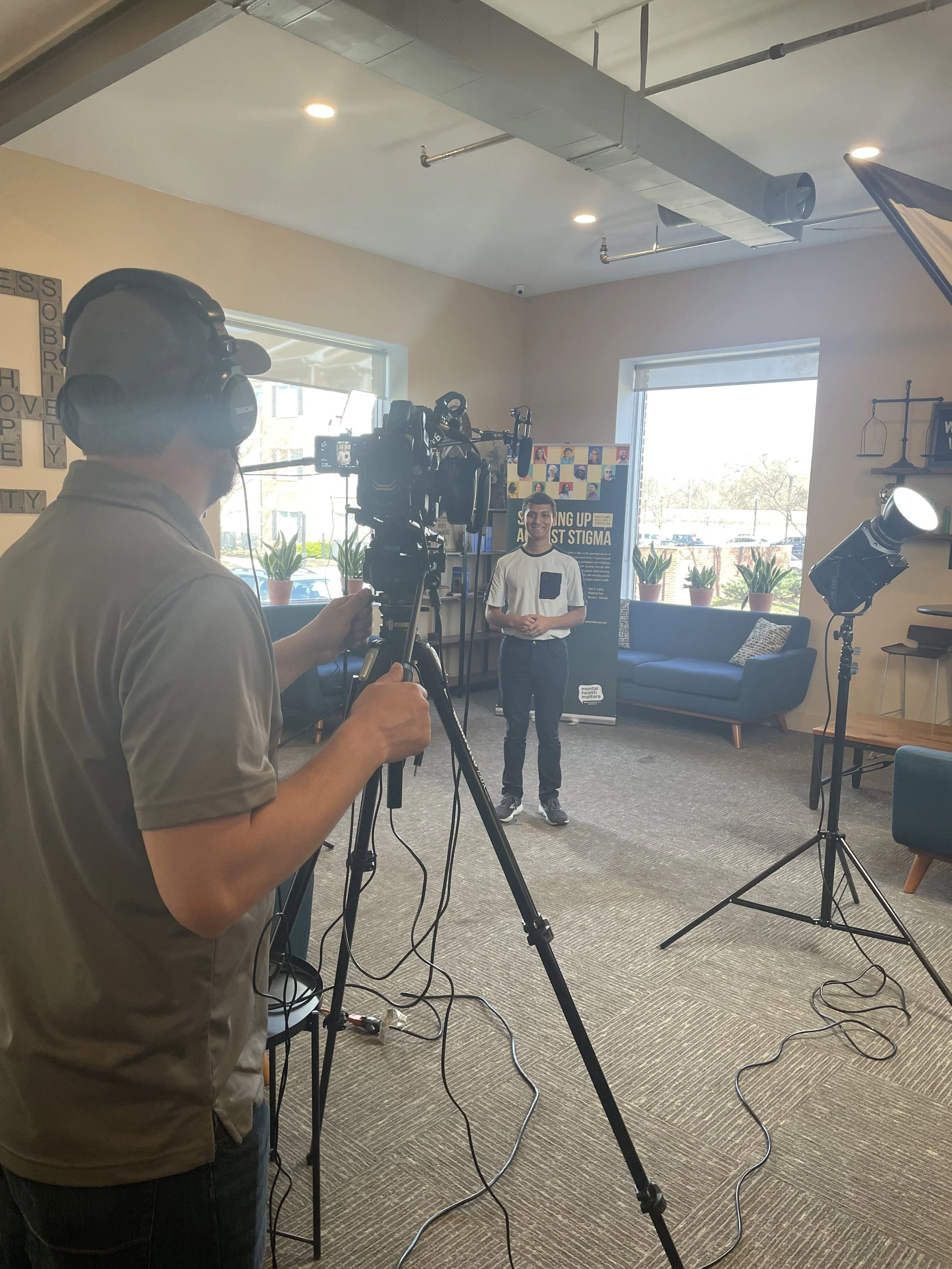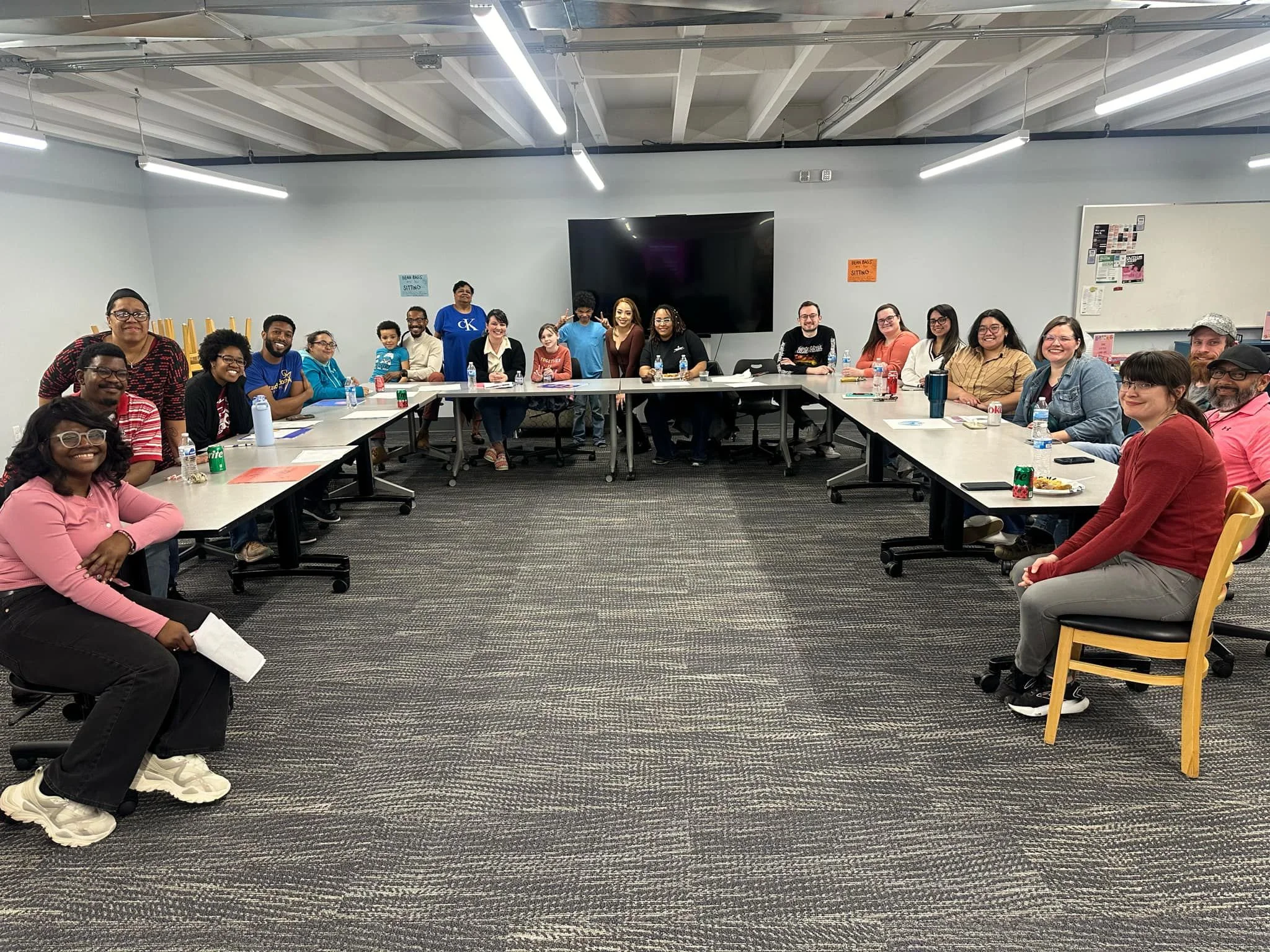
About ASAP
Our Mission
To lead, identify, and implement prevention and recovery system solutions to substance misuse in Bartholomew County.
Seek Comprehensive Solutions through Collaborative Partnerships
Collaborate strategically with a diverse network of prevention and recovery system partners to identify and address critical gaps and barriers. Our approach harnesses the collective expertise of stakeholders to create impactful interventions that bridge systemic shortcomings, resulting in a more effective and holistic care system.
What We Do
Optimize Funding Synergy for Enhanced System Impact
Unite with our system partners to strategically prioritize the utilization of available state and local funding opportunities dedicated to elevating prevention and recovery capacity and efficiency. By channeling resources effectively through coordinated efforts, we magnify the impact of each invested dollar, fortifying our care ecosystem for lasting recovery outcomes.
Inclusive Outreach for Lasting Change
Consistently evaluate the state of substance misuse in our community while engaging with crucial demographics. Leveraging our established partnerships, we extend our efforts to underserved groups, fostering understanding and catalyzing positive outcomes.
Our Impact
Board of Directors
Julie Abedian
Columbus Regional Health
Judge Kelly Benjamin
Bartholomew County Circuit Court Judge
Pastor David Bosley
Dayspring Church
Jennifer Fillmore
Centerstone
Jeff Jones
Community Member
Chris Lane
Bartholomew County Sherrif
Mayor Jim Lienhoop
City of Columbus
Lisa Pein
Lifeworks
Dr. Jim Roberts
Bartholomew Consolidated School Corporation
Mark Stewart
United Way Bartholomew County
ASAP Staff
Sherri Jewett
Executive Director
Carson Sargent
Peer Recovery Specialist
Our History
In 2015, Bartholomew County's Community Health Needs Assessment identified substance misuse as a critical issue. Columbus Regional Health's Healthy Communities Initiative responded by forming a Mental Health and Substance Abuse Action Team, supported by CRH Foundation's startup funding. An Opioid Summit in 2016 brought together leaders, officials, and key stakeholders to agree on the need for a comprehensive community-wide response.
Collaborative community leadership, backed by $500,000 from CRH and its foundation, embarked on a focused effort during 2017-2018 to address the crisis. Guided by Jeff Jones and Rhonda Fischer, cornerstones of prevention, intervention, treatment, and recovery were established. Key figures like Julie Abedian, Beth Morris, and Judge Kelly Benjamin led efforts in each cornerstone area. Operating with a public health crisis mentality, the leadership developed a strategy to achieve significant progress within two years, resulting in the formation of the Alliance for Substance Abuse Progress of Bartholomew County (ASAP) initiative. In late 2018, ASAP established a nonprofit corporation to accept diverse funding sources and apply for grants, while being supported by funding from the City of Columbus and Bartholomew County for staffing and operations.
-
When the decision was made to fund ASAP and support development of the prevention and recovery system, a process to assure that City and County Government funding efforts were focused on the areas that would provide the greatest impact on substance misuse in Bartholomew County was needed. The Substance Abuse Public Funding process was developed as a unique public funding model to guide elected officials in the City of Columbus and Bartholomew County on which intervention, treatment and recovery projects and programs should have priority for funding, and which projects would produce the best results for the community. The guiding principles for public funding included seeking external funding first, avoiding duplication of services with other community programs, and funding evidence-based programs.
The Substance Abuse Advisory and Accountability Committee (SAAAC) was established and is made up of city administrators, city and county law enforcement, CRH officials, Bartholomew County court personnel, and representatives from the prosecutor's office, probation department, substance abuse treatment providers, criminal defense attorneys and members of the public. These content experts assess programs requesting funding and make recommendations to the Substance Abuse Public Funding Board (SAPFB) on the viability of the program. The SAPFB votes on whether to recommend funding to city and county council members, and how the funding should be split between the city and the county. Based on this recommendation, requests are then routed to the city and/or county councils for approval of funds.









